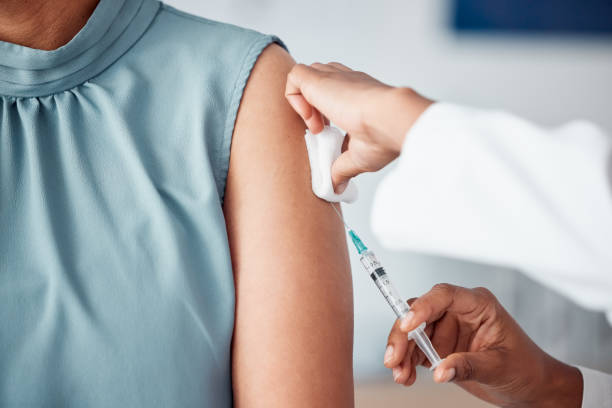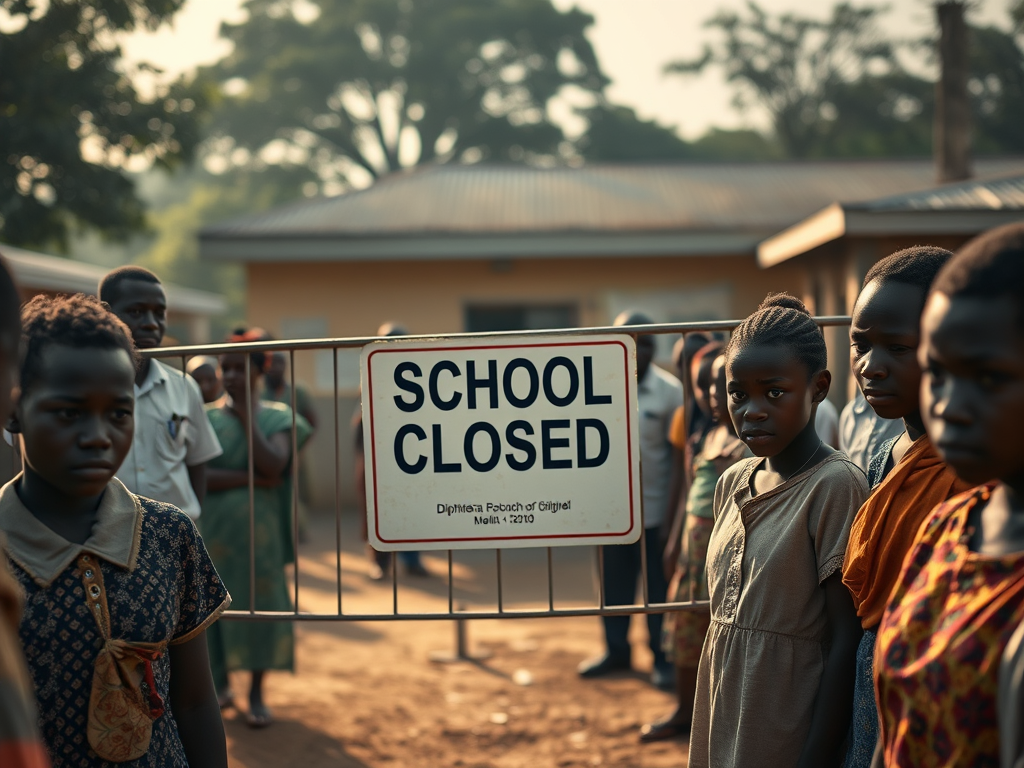- To boost support for research and development
Vaccination is a preventive measure that protects the population against certain infectious diseases and reduces their transmissibility. Mass vaccination strategies have controlled several infectious diseases such as smallpox, polio and measles. In this Cover Story, PharmaTimes Editor, MORGAN NWANGUMA writes that the country’s National Institute For Pharmaceutical Research and Development (NIPRD) is intensifying efforts to implement a 10-year strategic blueprint designed to enhance Nigeria’s vaccine research ecosystem, reduce dependence on imports, and promote vaccine sovereignty.
According to the World Health Organization, more than 30 million African children under the age of five are infected with vaccine-preventable diseases each year, with over half a million dying from these conditions due to limited access to immunisation services on the continent. Nigeria, Africa’s most populous country, continues to face serious challenges in achieving adequate immunisation coverage. Evidence shows that in 2018, only about one-third of Nigerian children aged 12–23 months received the full schedule of routine vaccinations while as many as 19% received none at all.
Lessons from COVID-19
Despite the lessons learned from the COVID-19 pandemic, local vaccine production remains a major hurdle for Nigeria and many other developing nations, resulting in the complete reliance on imported vaccines. Africa contributes just 3% of global pharmaceutical production, with between 70% and 90% of medicines used on the continent being imported, depending on the country. This dependence on imports comes with significant drawbacks, including supply chain delays and disruptions, high importation costs, and limited capacity to protect populations during disease outbreaks. During the height of the COVID-19 pandemic, global demand for vaccines significantly delayed Nigeria’s access to these critical public health tools. Establishing local vaccine manufacturing capacity would therefore strengthen the country’s ability to respond to public health emergencies and improve overall healthcare delivery.
In the light of the aforementioned, in 2024, the EU and the Nigerian government signed a collaborative agreement valued at €18 million to support Nigeria’s National Plan for Vaccine Research, Development, and Local Production (2024–2034). For the period in view the country is focused on intensifying research on diseases of indigenous importance, especially those that disproportionately affect the citizenry.
According to the Nigerian Institute of Medical Research (NIMR), one of the country’s key priorities for 2025 is the development of vaccines tailored to address local health challenges, including Lassa fever and other emerging infectious diseases.
Confirming the country’s readiness to commence implementation of this 10-year strategic blueprint recently, Dr. Obi Adigwe, Director-General of the National Institute for Pharmaceutical Research and Development (NIPRD), described the initiative as a vital step toward reducing Africa’s vaccine dependency — a gap that became glaringly evident during the COVID-19 pandemic. He recalled how African nations were left behind in the global vaccine race, relying heavily on supplies from the Global North and Asia.
“During COVID, it was shameful that the whole of Africa depended on the Global North and Asia to produce vaccines. We also witnessed vaccine nationalism, where countries hoarded vaccines despite preaching equity and justice,” he said.
He noted that the pandemic was a wake-up call for the continent to invest in building local capacity for vaccine research and production. Vaccination remains one of the most effective tools for protecting populations against infectious diseases and curbing their spread. While Nigeria has significant potential for local vaccine production to meet its public health needs, progress is hindered by critical challenges that continue to limit development in this area.
“That is why we pursued this EU grant to build such capacity. The result is this €18 million funding, which I believe is the largest vaccine-related grant awarded so far in Africa.”
Vaccine roadmap sets out phased implementation plan
Adigwe explained that the grant enabled the creation of a comprehensive vaccine roadmap, developed under NIPRD’s leadership in collaboration with key ministries, international partners, academic institutions, and private sector stakeholders.
The roadmap presents a phased strategy covering vaccine research and development, clinical trials, technology transfer, infrastructure expansion, regulatory enhancement, and the transition to full-scale local manufacturing. It also incorporates plans for training and retaining a skilled biopharmaceutical workforce to sustain the envisioned ecosystem.
He added that the document was endorsed and signed by the Coordinating Minister of Health and Social Welfare and the Minister of State, paving the way for the European Union’s formal approval of the grant.
“Implementation is set to begin. We already sent a team to UNICEF, which is one of the grants’ implementing partners, and we expect to announce major developments soon,” he added.
Adigwe emphasized that NIPRD is leveraging its mandate to strengthen sustainable health security systems through pharmaceutical innovation.
Vaccine sovereignty in the next decade
He projected that, guided by the roadmap and ongoing efforts under the Presidential Initiative on Vaccine Development, Nigeria could establish at least three to four companies engaged in local vaccine manufacturing within the next decade.
“We are happy to share the vaccine roadmap with stakeholders and partners interested in this important journey towards vaccine self-sufficiency.
“Ultimately, our goal is to ensure that no Nigerian is left behind in accessing lifesaving vaccines.”
He further stated that the grant goes beyond research, representing a critical investment in national security, economic resilience, and health equity.





